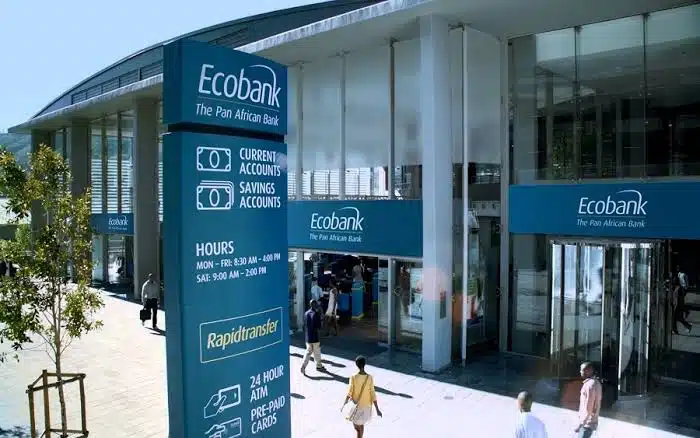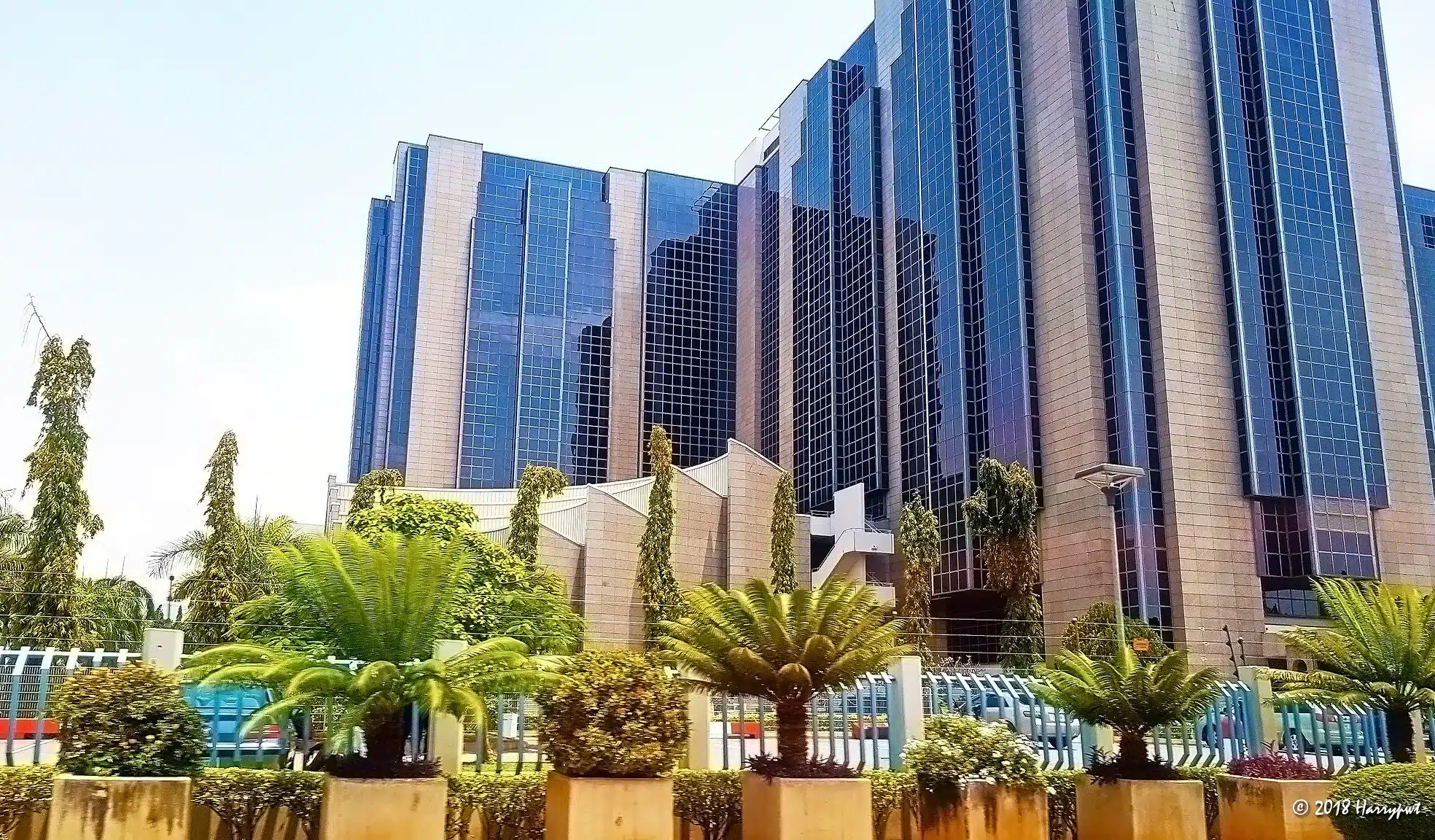Ecobank Transnational Incorporated (ETI), a pan-African banking group, has reported its highest first-half profit in over a decade, with after-tax earnings increasing by 23% year-on-year to $278.8 million.
The performance comes as the lender works to raise $250 million in Additional Tier 1 (AT1) capital via a private placement of contingent convertible notes.
According to its latest unaudited H1 2025 financial statement, revenue rose by 12% to $1.12 billion, driven by stronger margins, improved funding cost efficiencies, and higher investment securities balances, particularly in the Corporate and Investment Banking segment in Francophone West Africa (UEMOA). The bank also benefited from substantial non-funded fee income.
“Our half-year results reflect strong execution of our Growth, Transformation, and Returns (GTR) strategy and the resilience of our diversified pan-African model,” said Jeremy Awori, Group CEO. “We grew pre-tax profit by 23% year-on-year to $398 million and achieved a 30.5% Return on Tangible Equity despite macroeconomic headwinds.”
Awori highlighted that Ecobank’s Consumer and Commercial Banking arms continued to gain traction, generating $3.4 billion in new deposits, 83% of which were low-cost Current and Savings Accounts (CASA). He also pointed to the bank’s landmark partnership with Google Cloud—the first of its kind in Africa, which aims to scale digital banking, Banking-as-a-Service, and secure infrastructure.
“As we approach our 40th anniversary in the second half of 2025, our focus remains on delivering world-class services, deepening financial inclusion, and unlocking long-term value across Africa,” he added.
Efficiency improves as Cost-to-Income Ratio drops below 50%
For the first time in over a decade, Ecobank reduced its cost-to-income ratio (CIR) to 49.1%, down from 53.6% in H1 2024. The improvement was driven by strategic cost control and a stronger revenue mix. Operating income rose 12% year-on-year, while expenses increased by just 3%, compared to 5% a year earlier.
The group’s operating leverage—reflecting the difference in growth between income and expenses—expanded by more than 930 basis points. This was supported by higher margins, lower interest costs, and rising returns from payment services.
CASA deposits accounted for 83.2% of the $23.9 billion in customer deposits during the period, helping reduce funding costs and support higher net interest income. The bank’s active customer base grew 9% to 12.8 million, with high-value customers up 11%, and SME and social sector clients rising 6% each.
Digital expansion and improved asset quality
Digital growth significantly bolstered performance. Ecobank expanded its mobile and business apps, grew its Xpress Point agent network, and deepened its partnership with Google Cloud to enhance customer access and digital service delivery.
Total loans and advances rose 14% to $11.6 billion, while the non-performing loan ratio improved to 5.7% from 7.7% in H1 2024, indicating improved credit risk management.
“We’ve made meaningful investments in technology, distribution, and customer experience, including advanced loan systems and transaction banking platforms,” Awori said.
Regional performance snapshot
Central, Eastern, and Southern Africa (CESA)
CESA emerged as the top-performing region, generating $207 million in pre-tax profit, up 27% year-on-year and accounting for more than half of group profits. Total revenue rose 19% to $392 million, driven by stronger margins and rising trade flows. Net interest income rose 15%, while non-interest income climbed 24%. Cost-to-income ratio improved despite a 7% rise in expenses.
Francophone West Africa (UEMOA)
UEMOA recorded a 12% increase in pre-tax profit to $176 million, contributing 44.2% of group earnings. Net interest income jumped 12% to $230 million, but non-interest income fell 5% to $131 million. Operating expenses grew 5%, and the region posted the highest CIR at 46.9%, reflecting operational headwinds despite revenue growth.
Anglophone West Africa (AWA)
AWA delivered a 19% rise in pre-tax profit to $175 million, with revenue up 9% to $322 million. Interest income from payments and card transactions surged 26%. Operating costs rose marginally by 1%, but net interest income remained flat due to regulatory constraints in Ghana. CIR improved to 39.3%, though net interest margin slipped to 8.5% from 10.7% last year.
Ecobank Nigeria
Nigeria remained the smallest contributor, posting $9 million in pre-tax profit—a 45% increase—making up just 2.2% of group earnings. Revenue rose 10% to $74 million, supported by a 28% gain in net interest income. Non-interest revenue declined 16%, while expenses dropped 5%, helping improve CIR to 66.9% from 77.4%.
Outlook
With record profit levels, an expanding customer base, and CIR dipping below 50%, ETI is strategically positioned to scale across Africa’s challenging landscape of currency volatility, policy shifts, and inflationary pressure.
As Ecobank marks its 40th anniversary later this year, sustained delivery on its GTR strategy will be critical to driving long-term growth and impact across the continent.
“As we approach our anniversary in the second half of 2025, our focus remains on delivering world-class services, deepening financial inclusion, and unlocking long-term value across Africa,” Awori added.











